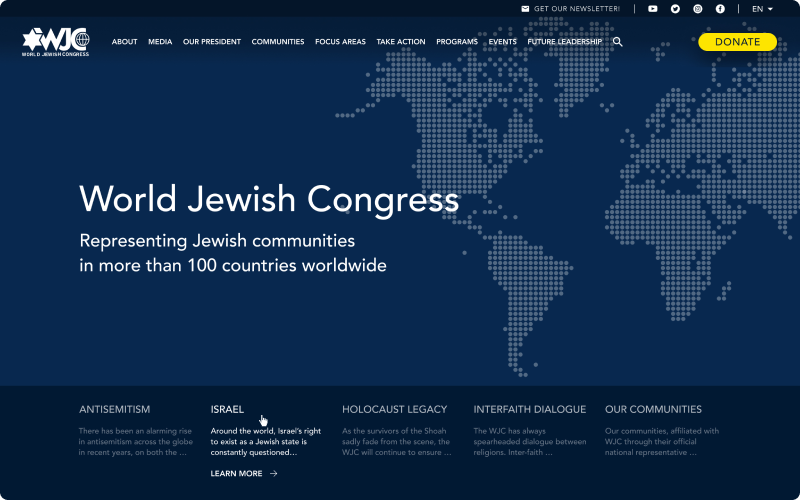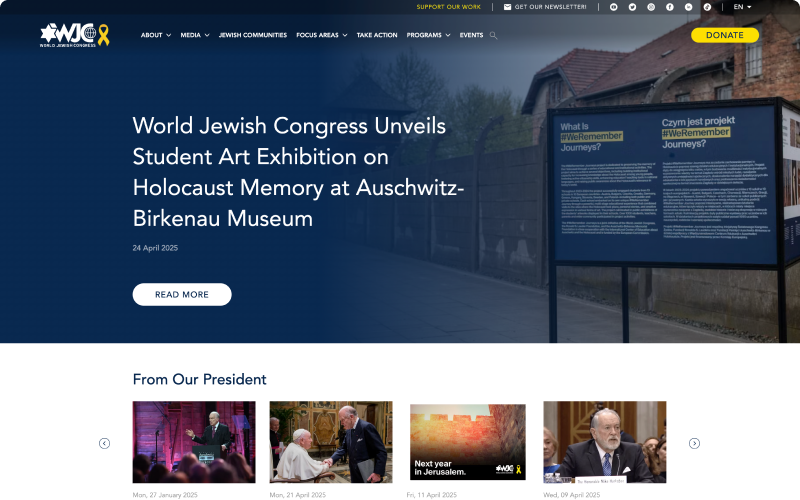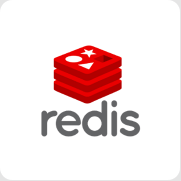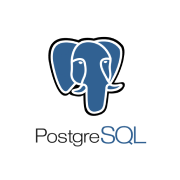
Custom Website

The World Jewish Congress (WJC) is a prominent international organization representing Jewish communities across the globe. Their digital presence serves as a crucial platform for communication, advocacy, and community engagement.
Our company has maintained a long-standing partnership with the World Jewish Congress for over a decade, supporting their digital evolution through multiple website iterations. The current website represents years of collaborative development and refinement.


We developed a custom website solution for wjc.org that serves as a comprehensive digital hub. The platform effectively hosts:





Our relationship with WJC continues to thrive through regular updates and feature enhancements. We remain committed to evolving the website to meet the organization's changing needs and embrace new technologies.
The wjc.org website stands as a testament to the value of long-term partnerships in digital development, allowing for continuous improvement and adaptation to serve the organization's mission effectively.